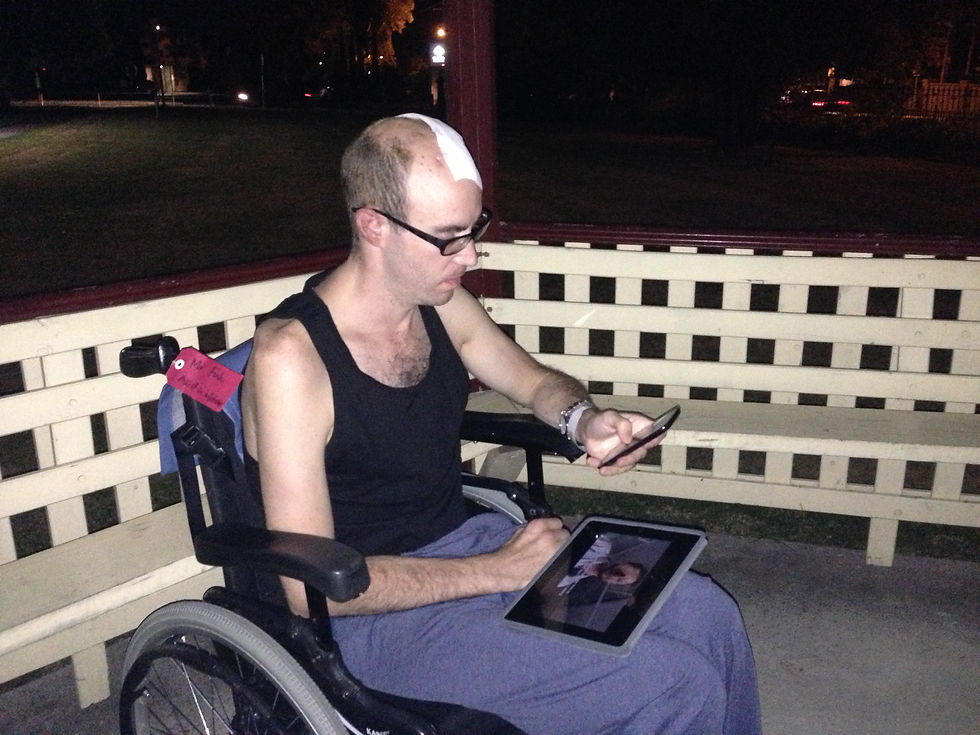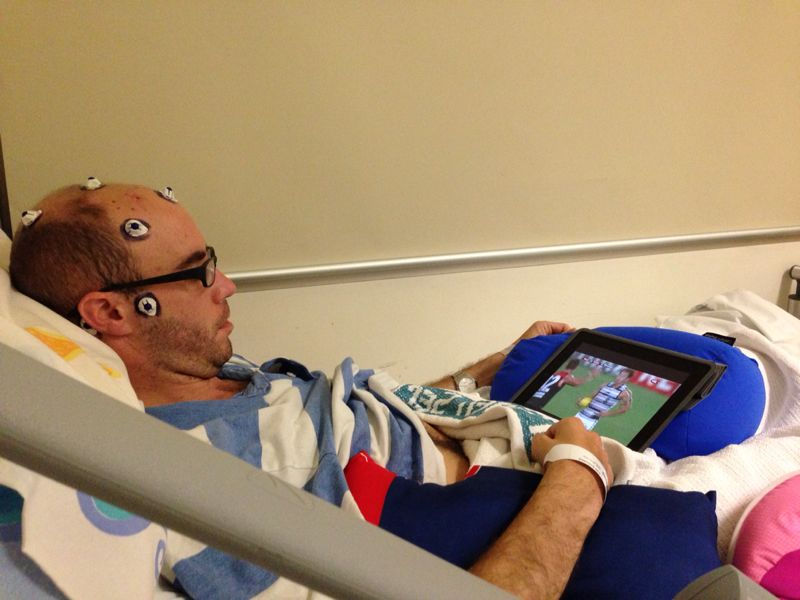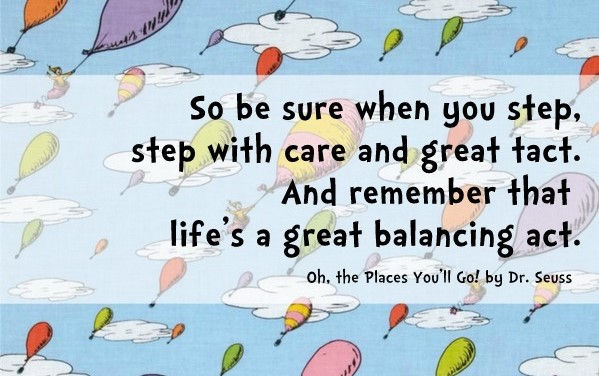Embracing and utilising technology after my stroke

Modern medicine and technological advances in recovery is always evolving, and definitely helping me to able to make my life easier and better.
Being a social person, I used technology for almost everything prior to my stroke - including my work, at home and socialising with phone calls, emails, messages, FaceTime, social media, smartphones apps - and also of course - TV, radio, computers, fridges, freezers and lots of more. Technology was a big part of my life before my stroke, so it was makes sense to continuing use technology in the future and very soon realised that I could use technology to my advantage - especially with socialising with my friends and keeping involved with the world around me when I was stuck in hospital.

I touched on my use of technology in my speech therapy blog post so, I will try not to double-up with that information, but basically waking up after my coma, my biggest challenges post-stroke was my communication - essentially I was not able to communicate. I was not able to read, write, talk, sign and I was very confused, hence it was very difficult initially, but I was determined to pull-through and navigated the issues to meet it head on.
In rehab at Caulfield Hospital, I remember that my room was located in a very old building - in fact, Caulfield Hospital was an army hospital from the First World War - hence the brick building has very weak mobile phone reception and wifi. I remember feeling frustrated because I was still keen to up-to-date with the news, reading messages, social media etc but I was little bit cut-off in the wide world because can’t connect to the internet. It was ‘first world problems’ - I know that - nonetheless I was little bit inhibited.
I stressed to my friends how significant problem it was and they helped me to ensure I had a reliable connection most of the time. The internet connection was always better outside, but in the early days, I couldn’t go out without someone with me, so the second someone came to visit, I would insist they take me outside so I had the chance to watch the footy, World Cup soccer, cricket or whatever sport was on at the time on my iPad. Even when my closest friend got married - sadly I wasn’t able to be there - but with technology, I saw the wedding photos and videos almost instantly.

When I started to improve in the hospital, I was very keen to socialise with family members, friends, acquaintances, therapists etc but the words couldn’t get out, so I tried to use technology whenever I could to help me communicate. I relied on emojis to respond to (individual or group) messages (eg. thumbs up 👍 and thumbs down 👎) or I sometimes would cut-and-paste Twitter or Facebook posts to make it easier to express myself and eventually I started incorporate photos and videos, speech-to-text (with the microphone), audio messages, and sometimes I used the Dubsmash app, GIFs and movie lines for bit of humour. Also my outpatient therapists and I made a video that was presented to all of the staff at Caulfield hospital about how to use technology to help communication. Thank goodness this technology is more available, in fact, I reckon I am lost without it.
(This video is the movie Ace Ventura: Pet Detective)
My speech is improving - especially talking, speaking and understanding - but writing is very difficult still. Lots of people ask me about - presumably - my writing is hard because I was a right hand person but it is incorrect. Before my stroke, I was very fast at touch-type and I used the computer keyboard with work, through muscle memory, but I am struggling to write in general - Doesn’t matter typing or physical writing - because my brain I have difficulty with compute the letters. I mainly use the mouse for computer stuff now, but I am definitely improving this area.
That’s why I use speech-to-text technology (eg. My Apple phone or IPad with the microphone, or Dragon dictator software in my computer etc) as it's easier for me then typing out words (E.g. Refer to the small video down). I mainly use it to send emails, phone messages and writing my blog posts and I use predictive-text more often now. Any technologies has positives and negatives, and the negatives is using speech-to-text is sometimes a needs a internet connection, and also not ideal for going to movie theatres or quieter environments eg. I’m trying to write in bed, but my wife is trying to sleep :).
Being organised is a ongoing battle with my brain, so I book calendar appointments (therapists, my GP, my hairdresser 😜 etc) directly with my phone because if not, I sometimes forget the details of appointment. My calendar is online, means if misplaced my diary, my information is stored safely, therefore I am normally very organised and I use Reminders (with time notifications) and Notes often. I also sync my calendar with Loz so if I need to organise an appointment I can check that she is available to come too.
Technology was very beneficial for my OT and Physio also, especially remembering my homework exercises. My normal process is: listen to the instructions with the therapist/instructor, practice - and repeat - but after coming home (with instructions), I sometimes forget the fine details with the exercise so I used videos (in my phone) to remember. This videos were also very handy because I received instant feedback of my techniques.
Social media was (and is) very useful for me and my family. My brother and my wife set up a Facebook page for my updates after stroke occurred, and now fortunately, I post with my updates in my blog myself, and I try to share it with email, Facebook, Twitter, LinkedIn and Enableme. I found that stroke survivor or parents with disability facebook groups (sometimes private or public groups) are very useful for asking questions about stroke information or connecting to other stroke survivors in the world (eg. Genyus Network, Young Victorian Stroke Support, FAST Parenting after a stroke). Stroke Foundation has lots of good information also and normally share this information with social media to trying to more awareness of strokes.
I use lots of technology and apps to make my life easier and more functional. This list of handy hints hopefully help other people or at least more aware:
Dragon NaturallySpeaking Dictation software is good, and needs quality microphone but will not offer predictive suggestions for completing a word or the next word in the sentence.
Other speech technologies available also, eg. one handed typing keyboards and programs, Windows Speech Recognition, WordQ Software (Very similar to predictive text); and literacy support software TextHelp Read & Write Gold or Co:Writer.
Therapy speech Apps: Tactis , My Playhome, Lingraphica, and Reading with McGuffey
Storing passwords: I have so many passwords (eg Email, Facebook, Twitter, library card, Footy tipping etc) hence I need a functional system my storing passwords, especially when my memory is impaired. Lots of stuff out there eg. LastPass, Dashlane, RoboForm, KeePass, 1Password, mSecure, Enpass, Keeper and lots of more.
Social media: I use social media for updating my blog and sharing at Facebook, Twitter, LinkedIn, EnableMe etc.
FaceTime: Talking to anyone with video (Only Apple phones or iPads).
Calendar: I use Google calendar for I book appointments.
Medical alarm: I have a Oricom medical alarm at home because I was initially a bit anxious after discharged in hospital. Currently I rarely use it, but very useful for peace of mind.
Brain training apps. I mainly use ‘elevate’ and Luminosity is very good also.
Health app is for medical information in case the ambulance or doctors is dealing with me.
emergency+ app for helping and find my location with ambulance, fire and police (eg 000)
Google maps app and public transport app for best routes in finding places.
Google Search using speech to text.
Notes app and Reminders app for general notes and reminders.
Dictionary app (and Thesaurus) for improve my vocabulary - especially when writing.
Medicare for medical invoices, immunisations etc
Centrelink app for tax returns, childcare rebate etc.
Dropbox app for storage files
13 Cabs app for ordering Taxis
Radio and podcasts: I listened to the radio and podcasts for up to date with news, sports and music.
In writing this blog, I can’t believe how much different technology I use and have relied on. I am so happy that I had an IT background initially as deep understanding of how technology could be used to make my life more efficient has allowed me to balance everything that is important to me in my life, my family, my friends, my therapy, my hobbies and my volunteer work etc. No matter what stage of my rehabilitation, inpatient, outpatient, non driving or non speaking, I have been able to feel involved and up to date with the things that matter most and still find the time to reach my goals and milestones along the way. Dr Seuss said ‘life is a balancing act’ and technology has helped me find that balance.
See you soon,
Paul



